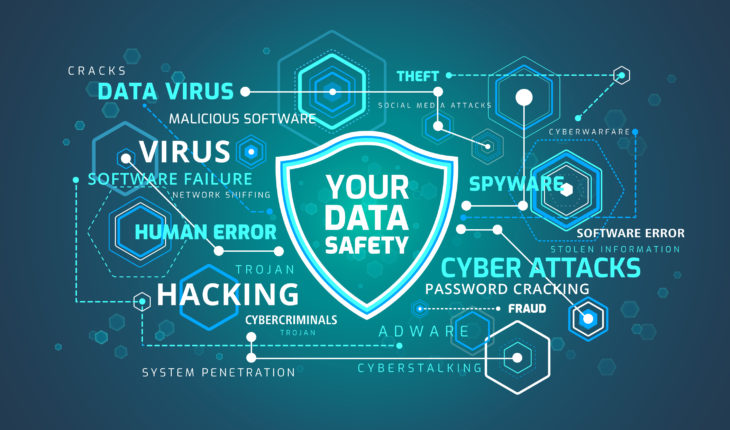Contents
- Here are the questions you need to ask in order to find the perfect fit for your business
- How much administration will it require?
- Is it an automated system?
- Is it intelligent?
- What is the accuracy like?
- How much will it cost, and is it worth it?
- Will implementing it be disruptive? If yes, how disruptive?
- Will it be a burden to users?
- Can you add layers to it?
Here are the questions you need to ask in order to find the perfect fit for your business
These days, it should come as no surprise that IT solutions are absolutely critical to business success. After all, every aspect of our lives has become dominated by technology, and businesses are no exception.
A cybersecurity issue can lead to a data breach or a virus outbreak which can spell disaster for small and large businesses alike, which is why choosing the right IT security service is vital. The experts at Syntax IT Support are here to guide us through the decision-making process.
How much administration will it require?
If you’re a small business, chances are you don’t have a dedicated IT team, so you don’t want something which is going to require too much of your attention to run. Look for IT systems designed to be easy to implement and hassle-free to run.

Source: Panorama
Is it an automated system?
You want an IT system that has the capacity to think for itself to a certain extent. You can’t be overseeing things at all times, so if there is a problem with your IT security, you want a system that can take action against it automatically without having to wait for you to do something about it. Otherwise, you’re putting your business at risk by letting a security issue fester until you notice it.
Is it intelligent?
One of the benefits of an IT system is that it can provide information on how the security of your business is faring. But you don’t just want a system that offers reams of data and nothing else. Instead, seek out a system that also delivers insights and conclusions that can help you stop a breach. Otherwise, you’re constantly monitoring and interpreting.

What is the accuracy like?
Small businesses don’t have the resources in place to investigate false positives, so you need to make sure that when your system picks up on something, it’s worth investigating. Tools that alert you to 50 potential security threats per day is effectively useless because real threats will get overlooked as a result. It’s simple cry-wolf syndrome.
How much will it cost, and is it worth it?
You don’t need a super expensive security system, but you also shouldn’t shop for just the cheapest options. Instead, look for a system that seems like it is worth the price it is asking for. Security breaches can have a huge financial impact on your business, so don’t be afraid to invest in quality.

Source: ASMGi
Will implementing it be disruptive? If yes, how disruptive?
Look for a solution that will work alongside the existing infrastructure within your business, rather than against it. That way, you won’t disrupt the current flow of your business’s tech.
Will it be a burden to users?
You don’t want to invest in an IT security system that is going to overwhelm users and disrupt productivity, because then users can’t do their job and your solution is doing more harm than good.
Security shouldn’t be the star of the show. It’s a behind the scenes factor which, when it runs smoothly, doesn’t command all your attention. You should be able to rest easy in the knowledge that your employees and data are safe.

Source: TH2 Technologies
Can you add layers to it?
Look for flexible IT support systems that give you the option to add services down the line. You don’t necessarily need to pay for all the bells and whistles straight away, but you also don’t want a basic system that you can’t bolster in the future should the need arise.
